Quality Assurance and Assessment Practices in Translation and Interpreting
The development of translation memories and machine translation have led to new quality assurance practices where translators have found themselves checking not only human translation but also machine translation outputs. As a result, the notions of revision and interpersonal competences have gained great importance with international projects recognizing them as high priorities. Quality Assurance and Assessment Practices in Translation and Interpreting is a critical scholarly resource that serves as a guide to overcoming the challenge of how translation and interpreting results should be observed, given feedback, and assessed. It also informs the design of new ways of evaluating students as well as suggesting criteria for professional quality control. Featuring coverage on a broad range of topics such as quality management, translation tests, and competency-based assessments, this book is geared towards translators, interpreters, linguists, academicians, translation and interpreting researchers, and students seeking current research on the new ways of evaluating students as well as suggesting criteria for professional quality control in translation.
{{comment.content}}
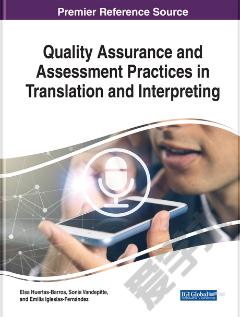

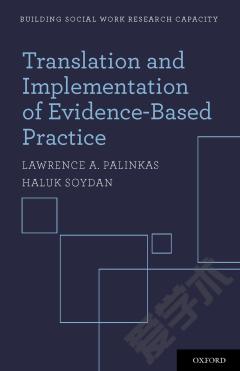

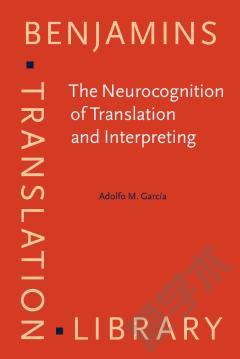
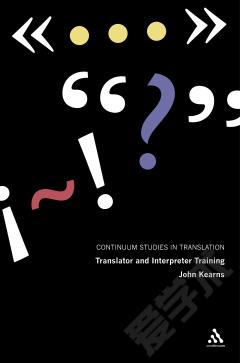
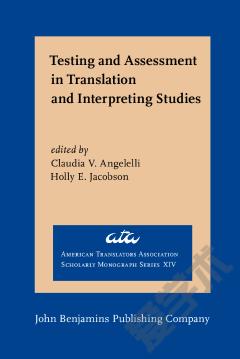

 京公网安备 11010802027623号
京公网安备 11010802027623号